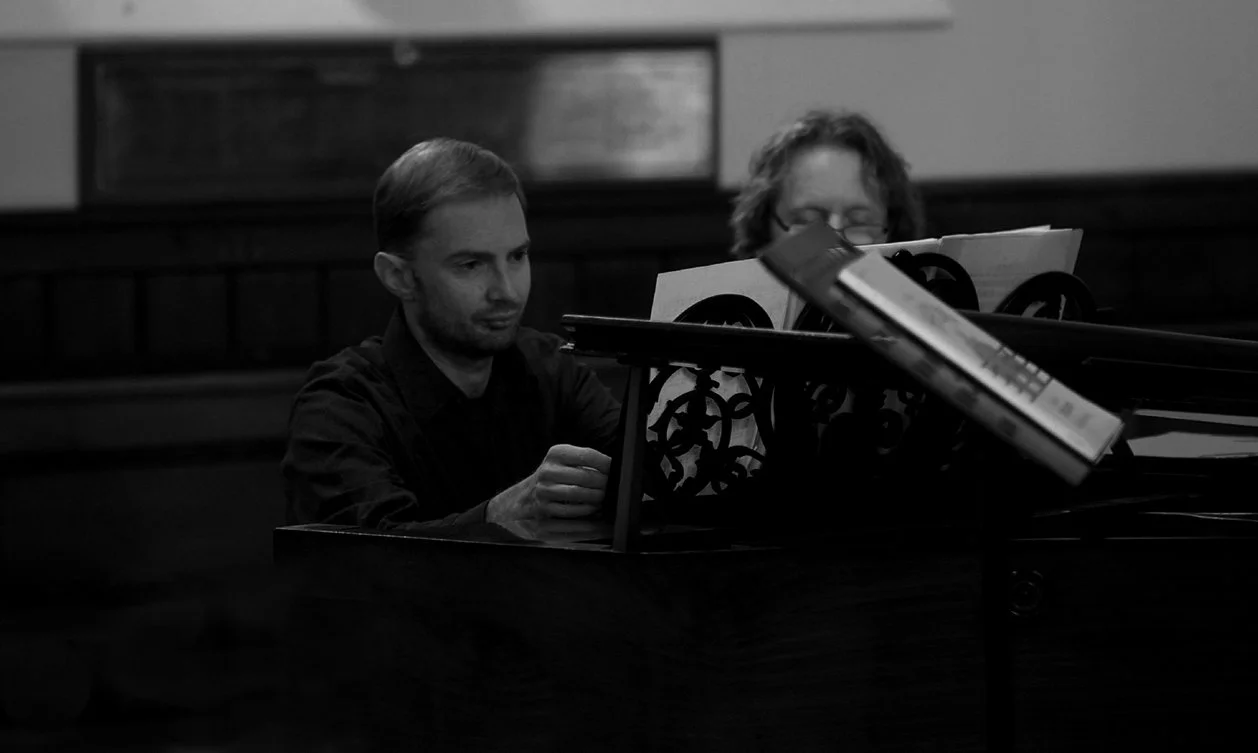Meditation and Non-duality
/Waterway near Lower Holbrook, Suffolk. Photo by catward.artist
Like so many people in the troubled West, I came to meditation a few years ago for reasons of mental health. For me, meditation was not only immediately enjoyable and helpful, but it also generated interesting insights, insights which started me thinking philosophically again. I found that just to sit still or lie on my back with my eyes closed and no particular stimulus, observing what was there to be observed, was a positive experience, and this is already revealing: it suggests that once we can let go of the ways we torment ourselves with our narratives about the future and the past then the baseline or background of our conscious existence, the bare experience of awareness, is not an experience of suffering or even of neutrality but is peaceful and pleasurable. (I know this is not everyone’s initial experience of mediation. But I think most people who practise meditation for any length of time find sooner or later that this is the case.) As every meditator also finds, once I opened my eyes and re-engaged with the world again, that peace and pleasure would evaporate, as the usual functions of the egoic self came back online, or were triggered by something in my experience. But the states of mind I came to in meditation somehow percolated into life in general, so that I became, in incremental but unmistakable progressions, less reactive, and happier.
However, there was some part of me that wanted more than this gradual incremental improvement in mental health, so I kept exploring different styles and methods of meditation. In doing this I came across the world of ‘non-duality.’ ‘Non-duality’ is a translation of the Sanskrit ‘Advaita’, one variety of ‘Vedanta’: a way of reading of the sacred Hindu texts, the Vedas and Upanishads, which made up one of the classical schools of Indian thought. ‘Advaita Vedanta’ draws on hints and suggestions in these and other texts to develop a philosophy in which the self (‘Atman’) is seen as in no way separate from a divinity that encompasses all Being, sometimes called ‘Brahman’. This view draws its support not just from this exegesis of sacred texts but also from experience, and in particular the kind of experiences that are encountered in meditation. If you simply introspect with no further goal, so the view says, you will find perceptions, thoughts and feelings, but you will not find a hermetically sealed self that holds it all together as one consciousness isolated from others and from the cosmos as a whole: in fact you will not find a separate self at all. In this, non-duality agrees with Buddhism and with the Scottish Enlightenment philosopher David Hume, and these connections are often remarked on. What you will find instead, according to non-dual views, is a ‘self’ that extends endlessly without limits, and that encompasses all of existence. Individuation and separation, on this view, are surface phenomena with no underlying reality.
This may all sound implausible to the average reader, but there is nevertheless a modern vogue for ‘non-duality,’ and you can find hundreds of non-dual practices on the Internet that conduct simple meditations and inquiries intended to bring about these kinds of experiences and insights. These practices were what I began to discover: once again, I found these kinds of exercises enjoyable and beneficial; and I even began to feel that I could access states in which many aspects of the individual self seemed to be suspended. Perhaps I even thought, initially, that I was going to have some sort of “awakening” experience, a breakthrough to a different kind of non-dual consciousness. However, today I am sceptical about the meaning of these kinds of experience: however powerful non-self experiences may be – and there is no doubt that people have such experiences – I am not convinced that these experiences mean that there really are no separate selves. In some cases, either suddenly or gradually, individuals seem to experience a shift in which the sense of self is apparently entirely dispelled, or weakened to such an extent that it will never return in a strong form again: this is what is called “awakening.”
Despite this scepticism, I am profoundly grateful for discovering non-duality. Not only do I think that there is great therapeutic value in weakening a strong sense of self, but there is something about non-dual experiences and how they are communicated which is genuinely revealing. We do tend, especially today, to have an overdeveloped sense of self, and many aspects of it are both harmful and false, such as the stories we constantly tell ourselves about the kinds of people we are, why we are destined always to fail and to be unhappy. Anything that loosens the grip of these kinds of narratives is to be valued; insight into these kinds of narratives provided by mindfulness is one of its great benefits. But I also value non duality because it does encourage genuinely philosophical interrogations of and reflections on the self and reality, and it does provide genuinely profound insights. In some sense we are profoundly connected with each other and with the world that surrounds us; but in another, equally real sense we have private experiences and separate, individual lives to lead. What I have come to think is that in a sense the whole beauty and profundity of our lives is to be found in the way we have to span these two dimensions.



